Hussards means hussars in French.
It may also refer to:
- Hussards (literary movement), a French literary movement in the 1950s
- Les Hussards , a French comedy film from 1955
Hussards means hussars in French.
It may also refer to:
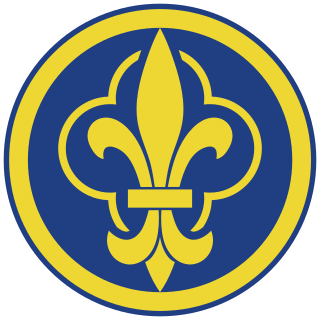
Action française is a French far-right monarchist political movement. The name was also given to a journal associated with the movement.
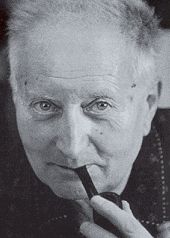
Jean Giono was a French writer who wrote works of fiction mostly set in the Provence region of France.
Félicien Marceau was a French novelist, playwright and essayist originally from Belgium. His real name was Louis Carette. He was close to the Hussards right-wing literary movement, which in turn was close to the monarchist movement. He was born in Kortenberg, Flemish Brabant.
20th-century French literature is literature written in French from 1900 to 1999. For literature made after 1999, see the article Contemporary French literature. Many of the developments in French literature in this period parallel changes in the visual arts. For more on this, see French art of the 20th century.
Roger Nimier was a French novelist.

Antoine Blondin was a French writer.
Bernard Frank was a French journalist and writer.
The Hussards was a group of French authors during the 1950s who opposed Existentialism and leftist political activism among intellectuals such as Jean-Paul Sartre.
The 4th Army Corps of the French Army was reformed in 1873 at Le Mans under Général Édouard-Jean-Étienne Deligny, after being surrounded and taken prisoner in the siege of Metz (1870).
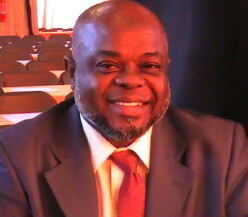
Abdoulatifou Aly was a Malagascar-born French Mahoran politician, a long-term representative of the island of Mayotte at the National Assembly of France, and a member of the executive bureau of the Democratic Movement.
Féraud or Feraud may refer to:

The 9th Hussar Regiment was a hussar regiment of the French Army. The 9th Hussar Regiment fought in the Napoleonic Wars, World War I and the Algerian War before finally being disbanded in 1979.
4e régiment de hussards or 4th Hussar Regiment may refer to one of two regiments in the French Army:
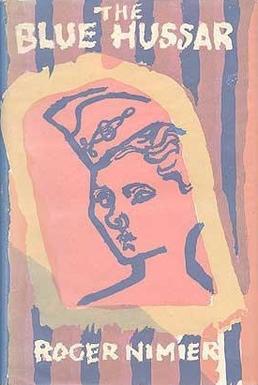
The Blue Hussar is a 1950 novel by the French writer Roger Nimier. Set in Germany in 1945–1946, it tells the story of ten French hussars who operate in the French occupation army right after World War II. The perspective shifts between several different people. At the centre are the ambivalent François Sanders and his companion François Saint-Anne—the title character—who unknowingly share the same German mistress.

Éric Neuhoff is a French novelist and journalist. He debuted in 1982 as a journalist at Le Quotidien de Paris and used a style nicknamed "néo-hussard", after the Hussards movement of the 1950s. He thus became associated with writers such as Denis Tillinac, Patrick Besson and Didier Van Cauwelaert, who debuted around the same time and used a similar style. He received the 1990 Roger Nimier Prize, and has received awards such as the Prix des Deux Magots, Prix Interallié and Grand Prix du roman de l'Académie française.
Kléber Haedens, was a French novelist and journalist. He was a monarchist and a member of the Action Française in the 1930s. During World War II he worked as a secretary for Charles Maurras. He was a friend of Antoine Blondin, Michel Déon and Roger Nimier, and closely linked to the Hussards movement in post-war France. He received the Prix Interallié in 1966 for L'été finit sous les tilleuls and the Grand Prix du roman de l'Académie française in 1974 for Adios.
Jacques Jean Marie Gouzerh, known professionally as Jacques Serguine, was a French writer and essayist.
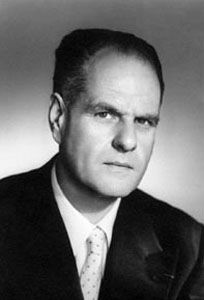
Roland Laudenbach was a French writer, editor, journalist, literary critic and scenarist. He had right-wing political beliefs aligned with the Action Française. After World War II he supported keeping Algeria part of France and saw the 1962 recognition of Algerian independence as a betrayal of the people by Christian and Socialist leaders. He edited or contributed to various literary and political magazines, wrote several novels, and wrote scripts and screenplays for numerous films.

Marie Nimier is a French writer.
Pol Vandromme was a Belgian literary critic and writer.